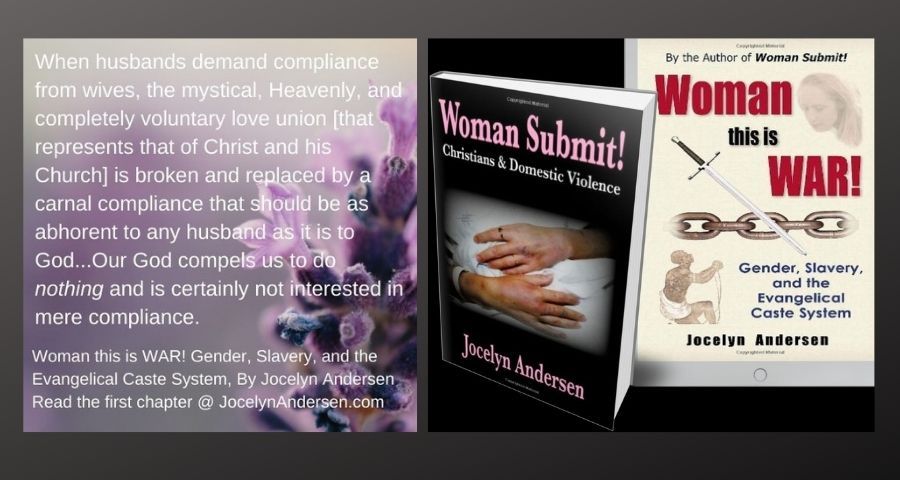One of the most glaring instances of discrimination and pure hatred against women, is found in Proverbs chapter thirty, verse twenty three, where the words "odious woman," are not only incorrectly translated, but contain false translator supplements as well.
The mistranslation of this verse is so blatant an example of pure, unmitigated misogyny in Bible translation and commentary, there can be no other explanation, than that it was deliberate.
The mistranslation of this verse is so blatant an example of pure, unmitigated misogyny in Bible translation and commentary, there can be no other explanation, than that it was deliberate.
Proverbs 30:21-23 should read:
For three things the earth is disquieted and
for four which it cannot bear For a servant when he reigns and a
fool when he is filled with food For a "hateful lord"and a handmaid
that is heir to her mistress
Instead, the King James Version of this verse reads as: "an odious woman when she is married."
This translation of Proverbs 30:23, and any similar to it, is filled with translator supplements that have no basis in the Hebrew.
Now, at this point, the reader is tempted to accuse only the King James translation as being generally misogynistic. This writer agrees; this particular translation of Proverbs 30:23, is indeed, "odious." However, the underlying Hebrew text of the KJV, is the Ben Chayyim Masoretic Text, which is actually quite woman friendly, and identifies the true culprit in Proverbs 30:23, as being a man, where other Hebrew Texts do not ( a side-note to this, is that editor of the Ben Chayyim Hebrew text was a born-again Masorite Jew, which more than qualified him for his work in translating the Hebrew Scriptures).
In the King James Bible, the words, "odious woman," were translated from two Hebrew words, "sane' ba`al," which literally mean "hateful lord."
Everyone knows, that whether it is an English lord or a Hebrew lord, the word "lord," refers only to males. So we know that the "odious woman," in Proverbs 30:23 is actually a wicked, hateful, man.
Everyone knows, that whether it is an English lord or a Hebrew lord, the word "lord," refers only to males. So we know that the "odious woman," in Proverbs 30:23 is actually a wicked, hateful, man.
Woman this is WAR! Gender Slavery and the Evangelical Caste
System, Examines Bible translation and commentary practices which have historically been androcentric (male centered) and
even misogynistic (anti-woman). These have adversely effected
understanding of the scriptures, relations between women and men, the happiness
of men and women, and hindered the work of the gospel. The reader is educated
about historic parallels between the twin causes of abolition and women’s
rights, while the history of women’s rights is traced back [much further than
usual] to the very first feminists…who were Christians—godly women who brought
the issue of women's rights to the forefront as they struggled to alleviate the
suffering of others, and found they were hindered in doing so for no other
reason than the fact of their sex. This book, provides valuable historical
insight into Christian initiatives in the movements for women’s rights, that
are rarely included in Christian literature


